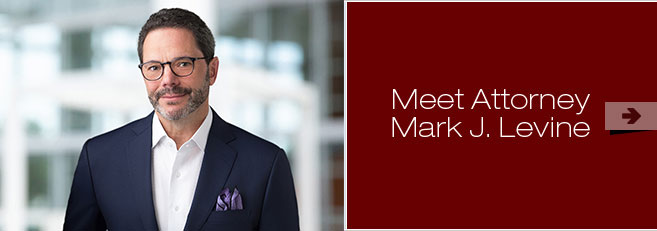Categories
Recent Posts
- A Better Way to Limit the Overuse of Noncompete Agreements
- NAVIGATING THE EEOC’S RECENT REGULATIONS ON THE PREGNANT WORKERS FAIRNESS ACT
- Meaningful Harassment Training
- Put it in Writting
- Get A Receipt: How to stop employee misappropriation
Archives
- August 2024
- June 2024
- December 2023
- October 2023
- May 2023
- February 2023
- October 2022
- August 2022
- May 2022
- April 2022
- March 2022
- January 2022
- June 2021
- May 2021
- December 2020
- September 2020
- July 2020
- May 2020
- March 2020
- February 2020
- December 2019
- October 2019
- September 2019
- June 2019
- April 2019
- March 2019
- January 2019
- December 2018
- September 2018
- June 2018
- May 2018
- February 2018
- January 2018
- December 2017
- September 2017
- July 2017
- May 2017
- April 2017
- January 2017
- October 2016
- September 2016
- July 2016
- June 2016
- May 2016
- March 2016
- February 2016
- December 2015
- November 2015
- October 2015
- August 2015
- June 2015
- May 2015
- March 2015
- January 2015
- December 2014
- November 2014
- September 2014
- August 2014
- July 2014
- May 2014
- April 2014
- March 2014
- February 2014
- January 2014
- November 2013
- September 2013
- August 2013
- July 2013
- June 2013
- May 2013
- April 2013
- February 2013
- January 2013
- October 2012
- August 2012
- July 2012
- May 2012
- April 2012
- January 2012
- December 2011
- November 2011
- October 2011
- September 2011
- May 2011
- March 2011
- January 2011
- December 2010
- November 2010
- October 2010
A Better Way to Limit the Overuse of Noncompete Agreements
Posted on August 30, 2024 in Consulting, Employment Litigation
On August 20, 2024, Federal Judge Ada Brown blocked the Federal Trade Commission’s rule barring non-competition agreements. Judge Brown ruled that the FTC’s promulgation of the rule was an unlawful agency action because the FTC exceeded its statutory authority. Simply put, Congress did not empower the FTC to regulate competition in the workplace. It was no surprise the rule never went into effect. An appeal appears unlikely.
Congress has not yet imposed limits on workplace non-competition agreements. But that might change. On February 9, 2023, Senator Marco Rubio (R-FL) and Senator Margaret Wood Hassan (D-NH) sponsored a bill that would bar noncompete provisions for any person who is not exempt from overtime under the Fair Labor Standards Act. Under this proposed legislation, employers could impose noncompete agreements only on persons who meet an FLSA overtime exemption (e.g., an executive, professional, or outside salesperson). The bill is sitting with the Senate Committee on Health, Education, Labor and Pensions. The text of the bill can be found at: https://www.congress.gov/bill/118th-congress/senate-bill/379/text. Perhaps the death of the FTC ban on noncompete agreements might spur Congress to take action on this bill.
In the absence of federal action, some states have passed laws that bar (in whole or in part) noncompete clauses (e.g., California, Colorado, and Oklahoma). I think those jurisdictions have gone too far. But the Rubio-Hassan Bill is a logical and straight-forward compromise. Texas (and other states) should consider this approach if the federal government does not act. For an extreme example of the opposite opinion recall how Jimmy Johns learned that sandwich makers should not be subjected to a noncompete. See https://www.cnbc.com/2016/06/22/jimmy-johns-drops-non-compete-clauses-following-settlement.html.
In my view, a rule against noncompete agreements for hourly, non-exempt workers is good for business. It levels the playing field for employers seeking quality workers, stops employers from imposing unjust restrictions on employees, and might eliminate wasteful litigation.

